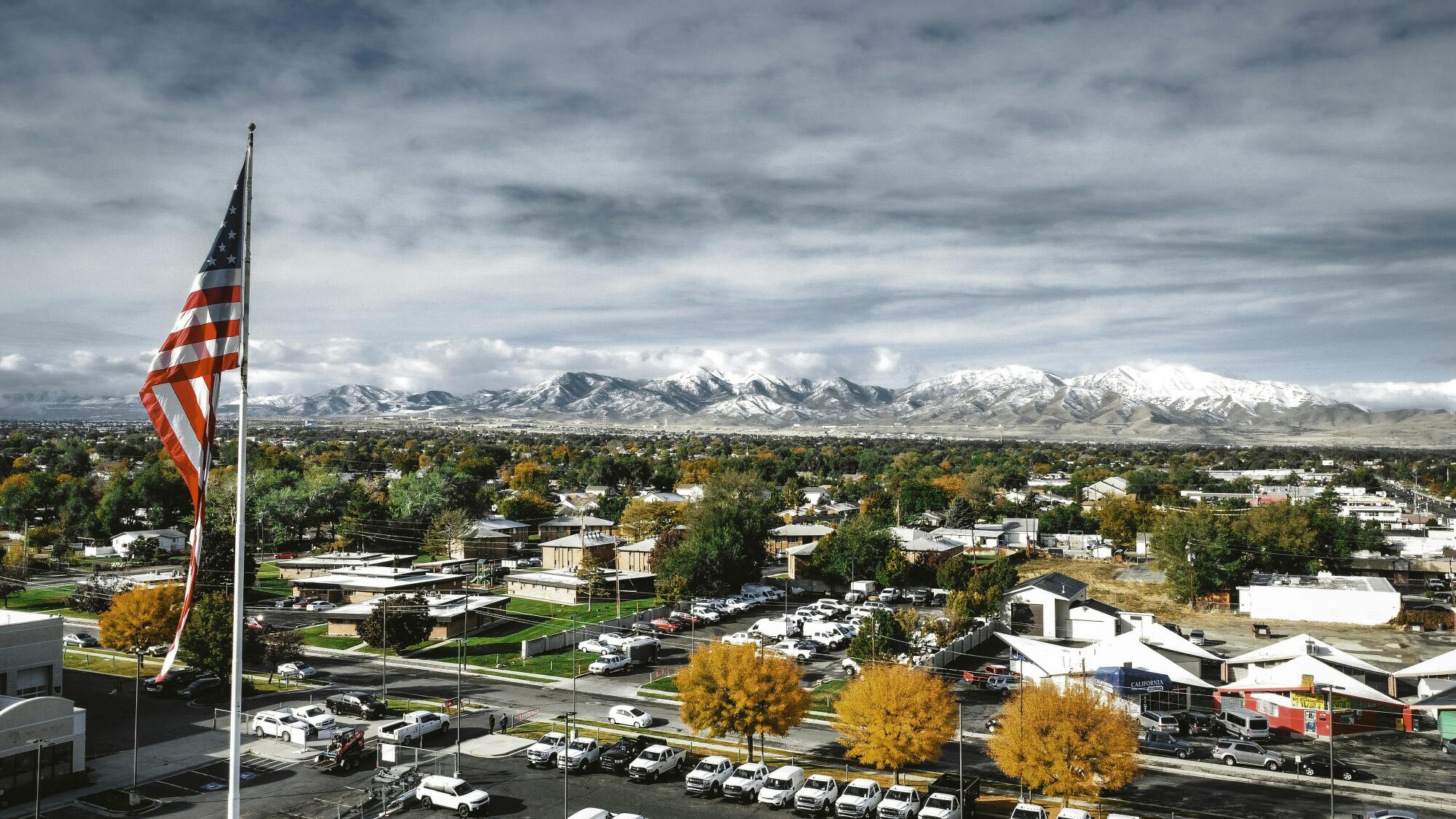In Utah, there is a shortage of affordable rental homes for low-income people. If you choose to lower your rental price to make your units more affordable, there are ways to protect yourself.
Landlords in Bountiful, Utah can charge security deposits to safeguard their earnings. Before you do, there are laws in place you need to know. Keep reading to learn about state, local, and federal laws.
Security Deposit Amount
Security deposits sometimes have a maximum limit, but Utah does not abide by this rule. There is no limit to what a landlord can charge for security deposits or pet fees.
However, it's common practice to charge no more than two months' worth of rent. State in the lease agreement whether the deposit is nonrefundable or not. Landlords typically refund a security deposit when there is no damage to the unit.
Although you can charge pet fees, you cannot charge a pet fee for those with a service animal or emotional support animal. Doing so would put you in danger of a discrimination lawsuit.
A rental property manager in Bountiful, Utah can help you stay compliant with federal Fair Housing laws.
Holding a Security Deposit
You may choose to place the security deposit in an interest-bearing account. The state of Utah does not require you to pay interest made from the deposit to the tenant.
Utah doesn't require landlords to hold the deposit separately from other business funds. It's good practice to keep deposits separate anyway. This can help you keep your rental income and expenses organized.
If you have no obligation to return the security deposit to the tenant, you must report it as income. For tax purposes, they may be considered as deductions.
Keep receipts of repairs and rent paid with the security deposit to decrease your tax liability.
Refunding the Security Deposit
If you choose to return a security deposit, make sure tenants are aware of the deductions you can legally make. A landlord can keep all or some of the security deposit to cover the following:
- Cleaning costs
- Property repairs or damages beyond normal wear and tear
- Lease agreement breaches
- Unpaid rent and utilities
If you don't make deductions, Utah requires you to return the security deposit back to the tenant immediately after the lease is up.
If you make deductions, you have 30 days from the end of the lease to provide an itemized list of deductions.
Utah is lenient in some areas, but not with returning security deposits. If you fail to return the security deposit on time, you could be forced to pay back the full security deposit plus civil penalties.
Let Us Handle Your Security Deposits
There are a lot of things to remember when it comes to security deposits in Utah. A Bountiful property management company can help you from the start to the end of the lease.
PMI Mountain West has been in the business of helping landlords like you for over 20 years. We follow a proven process throughout the rental cycle to maximize your income and help you stay compliant with the laws.
Get in touch with us today to start working with a property manager you can trust.


